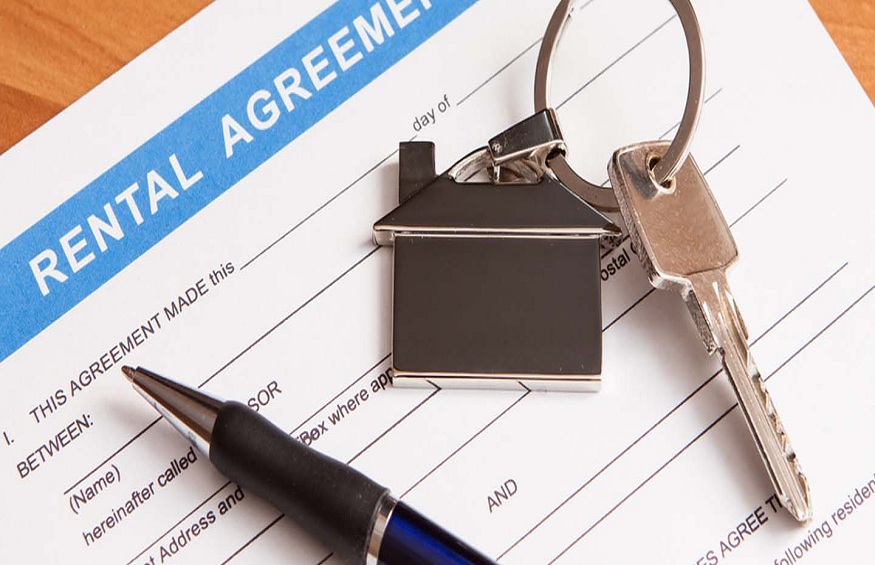UAE Property & Tenancy Laws: A Comprehensive Guide

It’s essential to have a thorough understanding of UAE property & tenancy laws before investing or renting a property in the country. The UAE has some of the world’s most luxurious real estate, attracting investors and expats from all over the world. In this article, we will explore the critical aspects of UAE property & tenancy laws, equipping you with the necessary knowledge to make informed decisions.
Property Ownership in the UAE
In the UAE, non-citizens are permitted to purchase and own property in designated freehold areas. These areas are located in Dubai, Abu Dhabi, Sharjah, and Ras Al Khaimah, and are open to foreign buyers, who can purchase property under their name or through a company. However, in leasehold areas, non-citizens can only lease properties for up to 99 years. It’s important to keep these distinctions in mind when considering investing in or renting property in the UAE.
Registration of Property in the UAE
All property transactions in the UAE must be registered with the relevant Land Department. This involves submitting a range of documents, including the sales agreement, proof of ownership, and payment of registration fees. Once the property is registered, the buyer becomes the legal owner and receives a title deed. This step is crucial in establishing your ownership of the property and protecting your investment.
Tenancy Laws in the UAE
If you’re planning to rent a property in the UAE, understanding the country’s tenancy laws is critical. The UAE’s tenancy laws are governed by Federal Law No. 26 of 2007, also known as the Tenancy Law. This law regulates the relationship between landlords and tenants, outlining their rights and obligations.
Tenancy Contracts
Under the Tenancy Law, landlords and tenants are required to sign a tenancy contract before the tenant moves in. The contract should include important details such as the rent amount, payment due date, and duration of the tenancy. It should also specify the obligations of both parties, such as maintenance responsibilities and penalties for late payments. Having a clear and comprehensive tenancy contract can help prevent misunderstandings and disputes down the line.
Rent Increases
According to the Tenancy Law, landlords cannot increase the rent during the first two years of the tenancy. After this initial period, the landlord can only increase the rent by a maximum of 5% per year. Any increase beyond this limit requires the approval of the Rental Dispute Settlement Committee. This provision is in place to protect tenants from sudden and unreasonable rent hikes.
Security Deposit
Landlords in the UAE are permitted to request a security deposit from the tenant. The security deposit should not exceed the equivalent of one year’s rent and must be refunded to the tenant at the end of the tenancy period, provided that the property is in good condition. This deposit serves as protection for the landlord against any damage to the property caused by the tenant.
Eviction and Termination of Tenancy
Under the Tenancy Law, landlords are allowed to terminate the tenancy contract if the tenant fails to pay rent for more than 30 days or if the tenant uses the property for illegal purposes. However, the landlord must obtain a court order before evicting the tenant. This legal requirement ensures that tenants are not unjustly evicted from their homes without due process.
Rental Dispute Settlement Committee
If a dispute arises between the landlord and tenant, the Rental Dispute Settlement Committee is the government entity responsible for resolving it. The committee has the power to settle disputes related to rent increases, eviction, and termination of tenancy, among others. Both landlords and tenants can file a complaint with the committee, and the decision is usually made within 30 days. It’s important to note that filing a complaint with the committee requires paying a fee.
Conclusion
In conclusion, comprehending the nuances of UAE property & tenancy laws is critical for anyone considering investing in or renting a property in the country. For non-citizens, the option to buy and own property is available in specified freehold areas, while leasehold areas can be leased for up to 99 years. Furthermore, the Tenancy Law regulates the dynamic between landlords and tenants, defining their rights and obligations. Acquiring knowledge about these laws can prevent legal complications and ensure a smooth experience. Whether you’re a landlord or tenant, consulting with a legal expert is advisable to guarantee that you have a full understanding of your rights and responsibilities.






